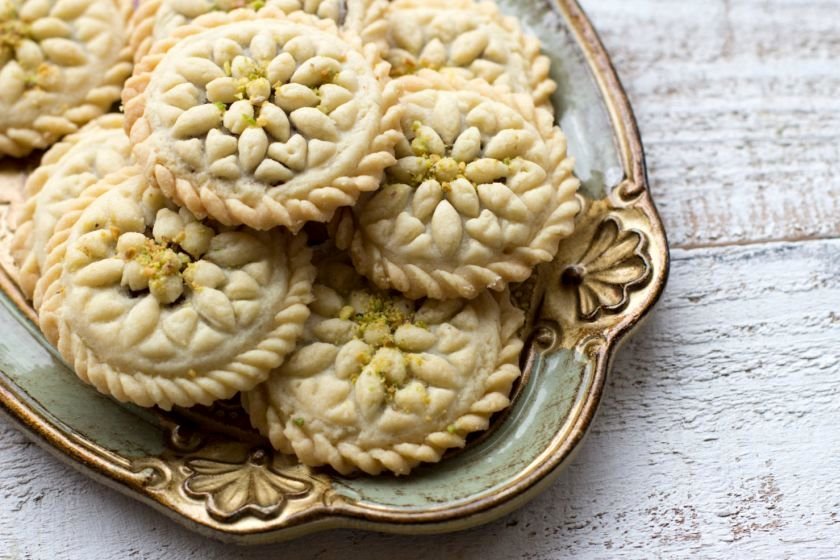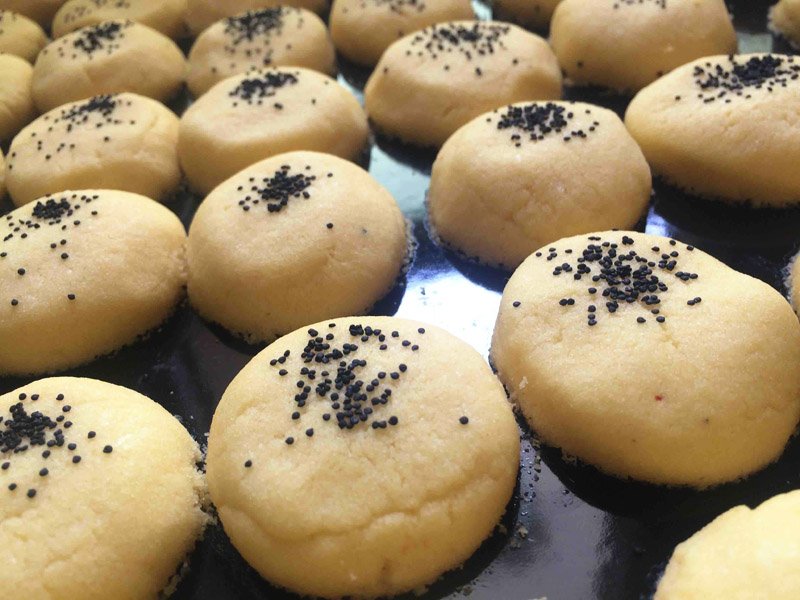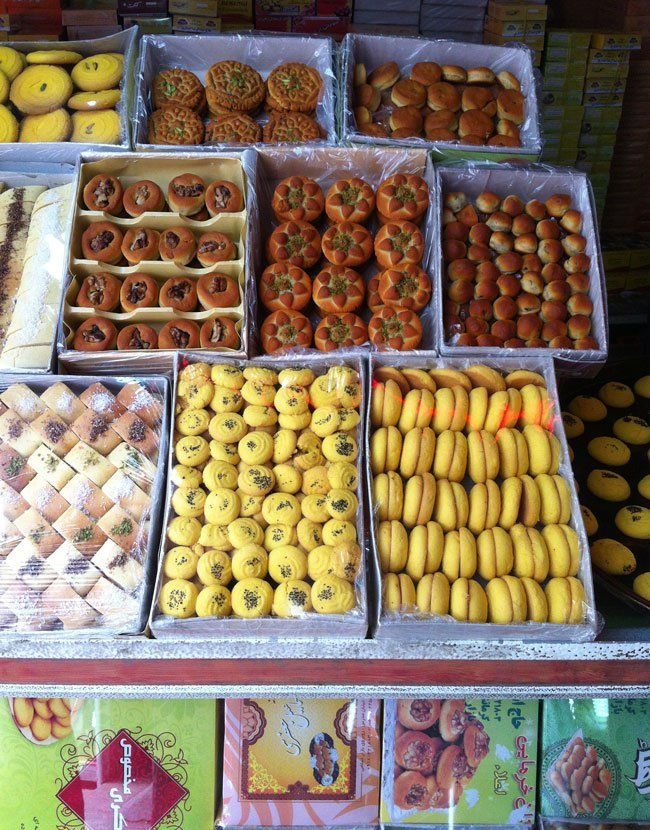Royal City Kermanshah
The city of Kermanshah is the capital of Kermanshah Province, located in the western part of Iran. Kermanshah is the largest and central city in the west with a population about one million people. Kermanshah developed in the 4th century AD under the patronage of the Sassanid. The city is situated on the foothills of the Zagros mountain range, 525 km south-west of Tehran. It has many natural and historical sightseeing in the city and the towns around. The city enjoys a temperate climate and regular seasons. The people of Kermanshah are warm and friendly. The languages spoken by the people are Kurdish and Farsi. The beautiful nature, together with its people’s dialects and their spiritual and religious characters make the province substantially unique in the region. Kermanshah has a rich history of culture and civilization, possessing monuments illustrating its people’s values for life and humanity throughout historic and prehistoric periods.
Kermanshah is a city in the Kurdish region of Iran, approximately 110 miles (165 km) from the Iraq-Iran border. The city’s modern roots date back to the 4th century, and its ancient roots date back even earlier. As of 2013, the population of the city is estimated at 851,405.
Kermanshah is widely recognized to be a cultural center for Kurdish music. Both Iranian and Turkish music can be traced back to Kurdish tribes and musical traditions from around Kermanshah, and there are many established and upcoming Kurdish musicians based in the region.
Many Kurds who live in and around Kermanshah practice Yarsanism, one of the pre-Islamic religions of the region. There is also a large population of Kurds in the area who practice Shiite Islam. A study conducted by an independent commission found that “Kermanshah differs from other Kurdish areas of Iran in that it has a significant Shiite Kurd population. These sources also note that the Shiite Kurds in the region have, historically, had little interest in Kurdish separatism or autonomy and have, for the most part, supported the [Iranian] Shiite republic.
Taq-e-Bostan
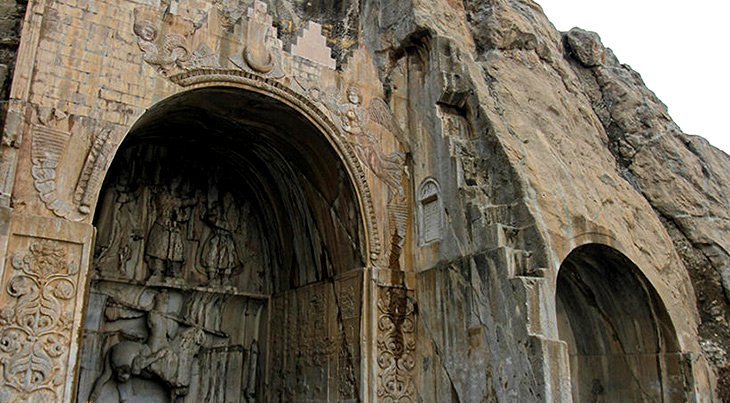
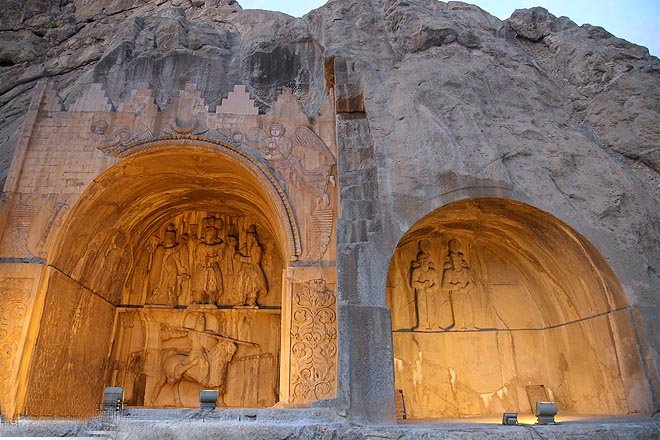
Bistoon
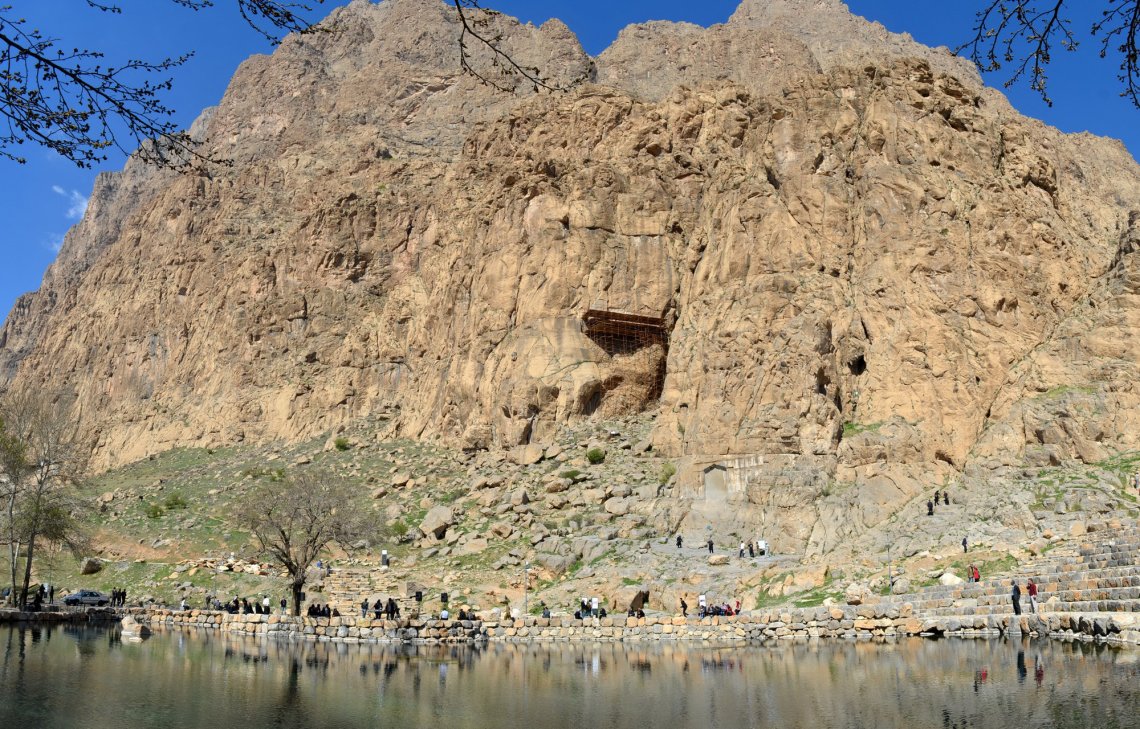
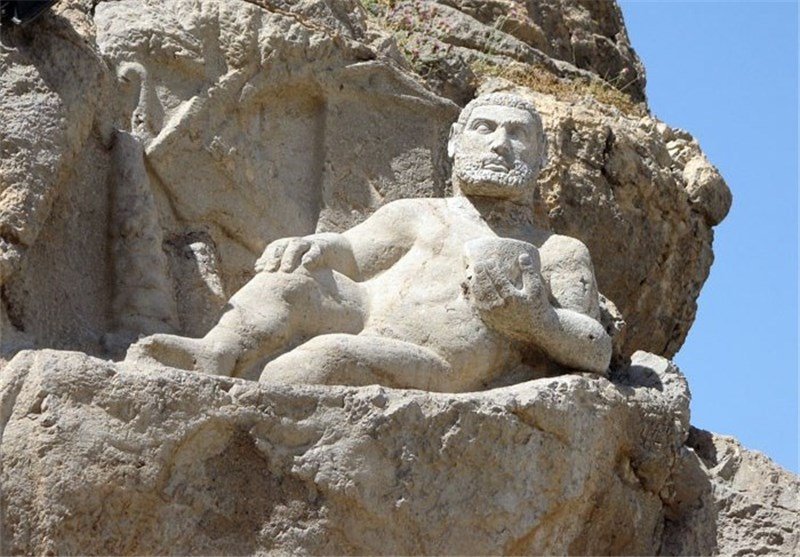
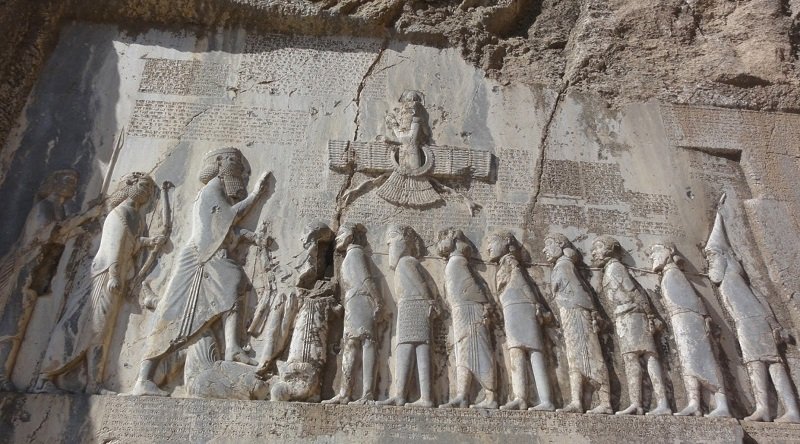
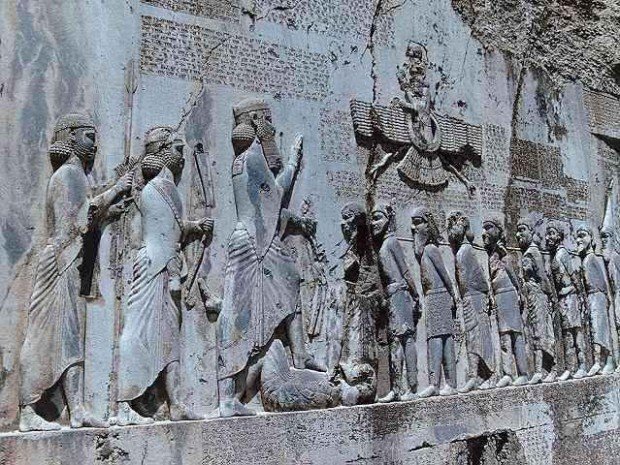
Tekyeh Moaven al-molk
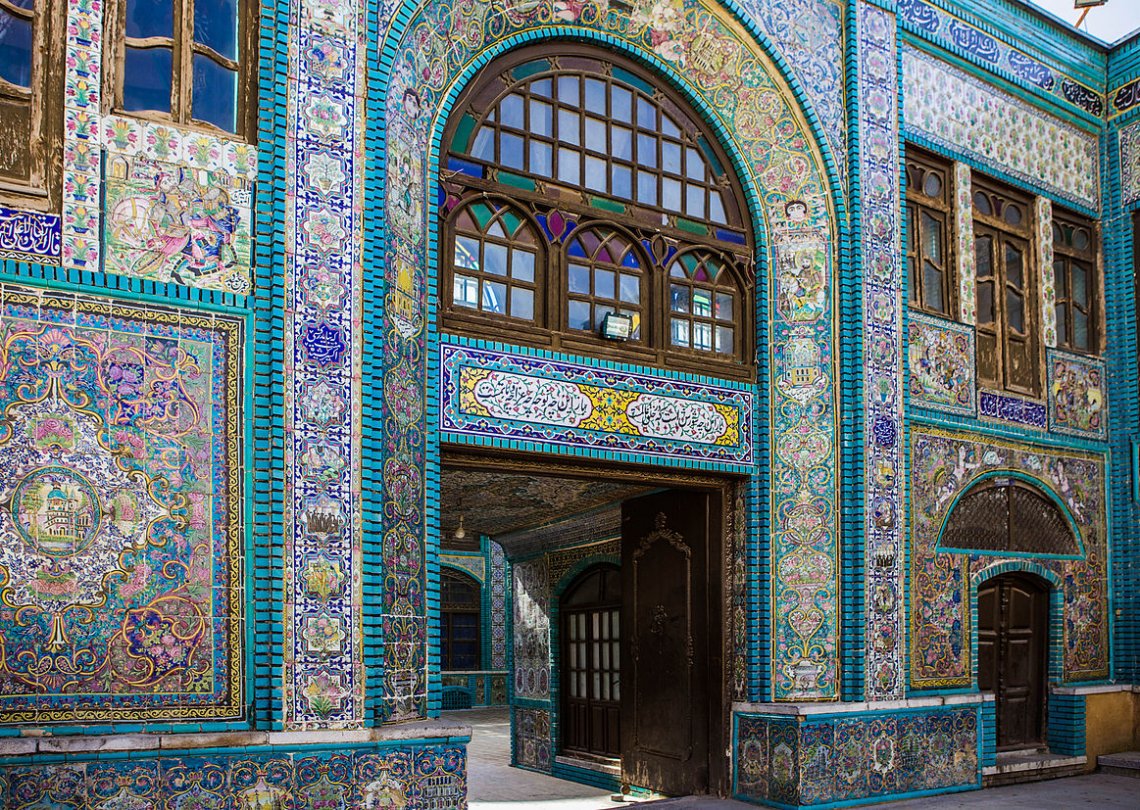
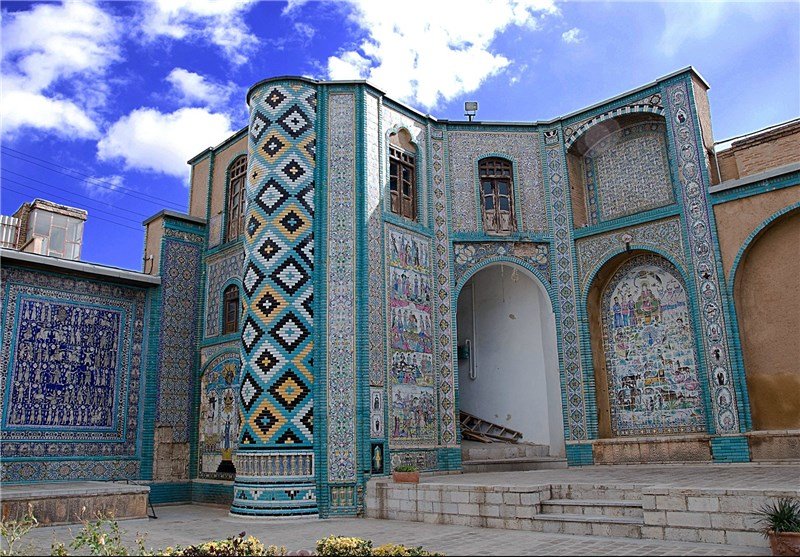
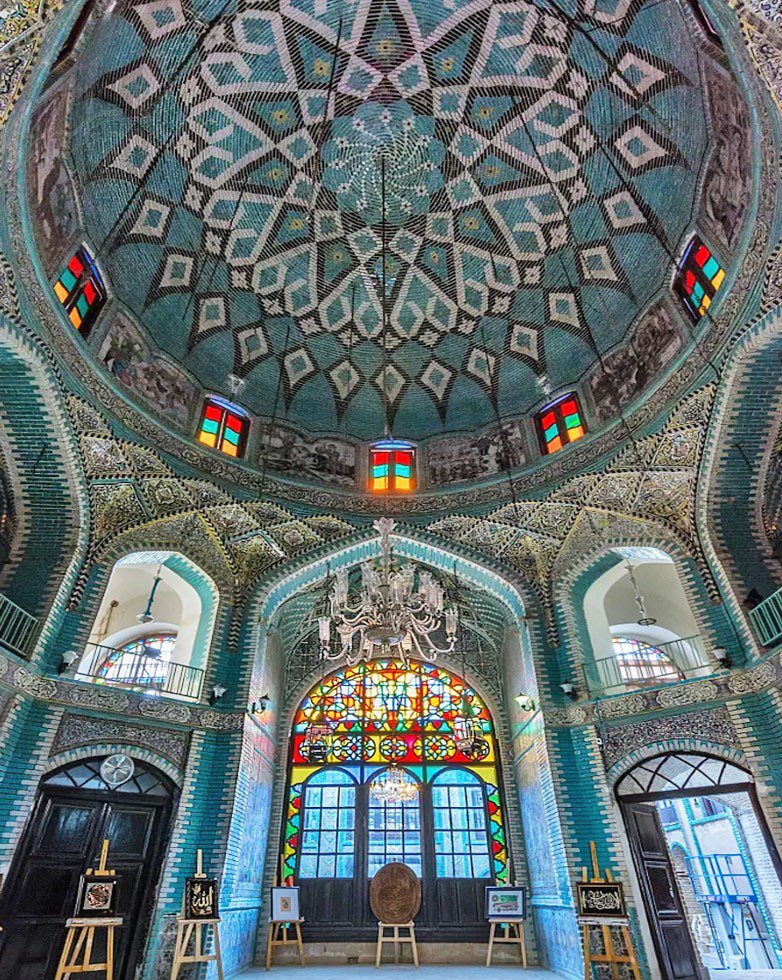
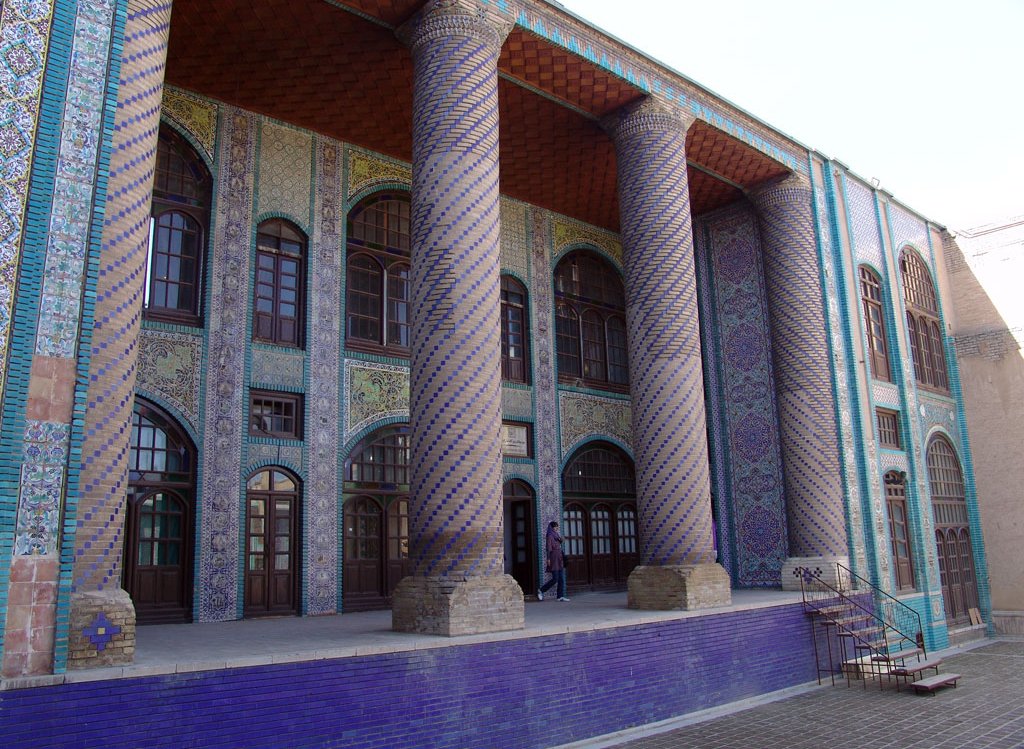
Bazaar
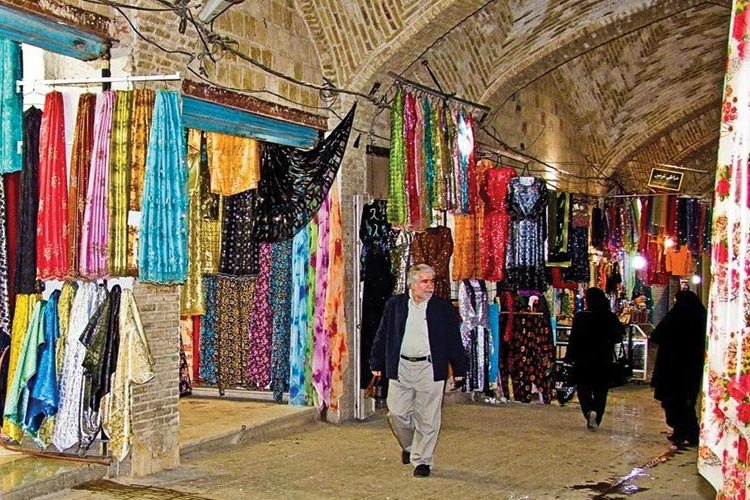
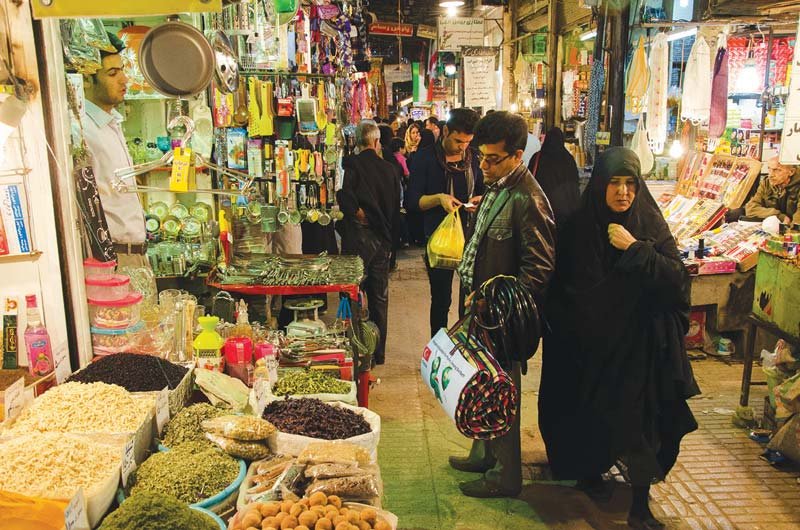
Sweets:
